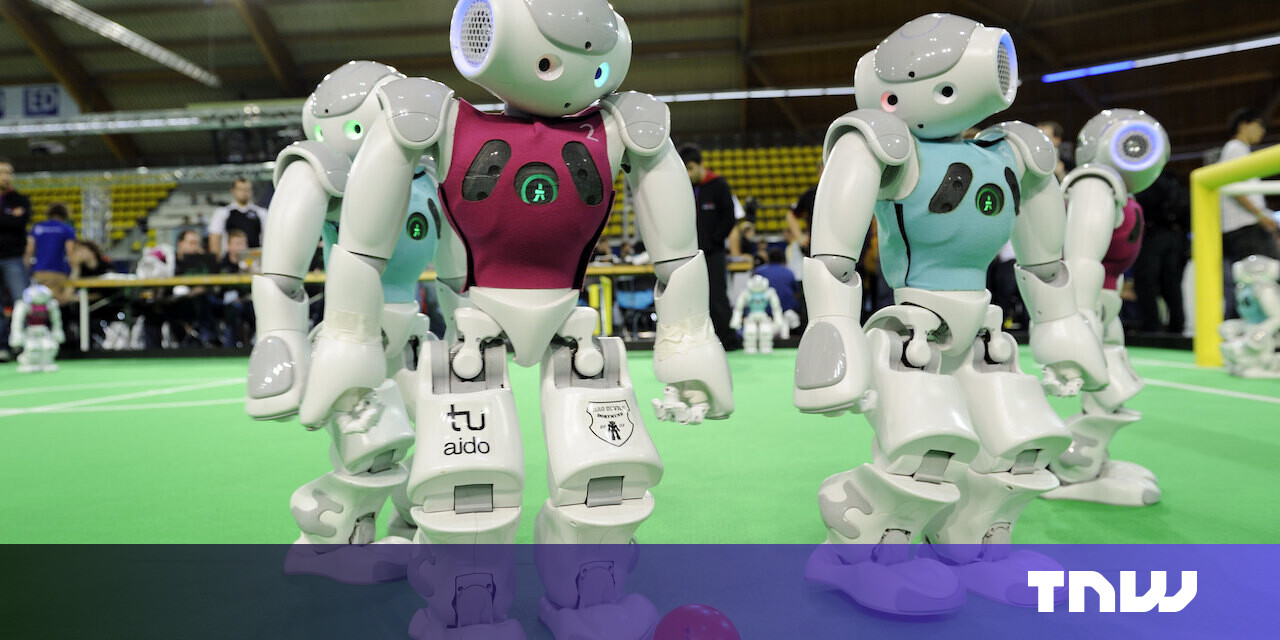
"Watching robots awkwardly flop around, cause robot body pile-ups on the soccer field, and accidentally lose their heads while taking part in a 1500-metre sprint at the first Robot Humanoid Games in China was not only entertaining, it was a reminder of just how far robotics has come - and how far it still has to go. While humanoid robots still struggle to walk across a stage, in other corners of the world automation is quietly revolutionising industries."
"Previously, Picnic's 'shoppers,' who fill orders and deliver them to customers' doors, had to walk around large warehouses picking out each item. Now the company's fully-automated fulfilment centres in the Netherlands and Germany are helping to lighten the load (and the number of steps shoppers have to take) by automating the item picking process with robotic arms. At its newest order fulfilment centre in Oberhausen, Germany, Picnic is capable of processing up to 33,000 online orders per day, serving up to 200,000 households."
Robotic demonstrations show both progress and limitations in humanoid designs while industrial automation advances transform logistics and retail. Picnic Technologies uses robotic arms and fully automated fulfilment centres across the Netherlands and Germany to accelerate grocery order processing and reduce physical strain on human shoppers. Picnic's Oberhausen centre can process up to 33,000 orders daily and serve roughly 200,000 households, employing around 1,500 robots alongside about 1,000 human staff. Picnic's CTO, Daniel Gebler, leads automation efforts and maintains that robots will augment operations rather than fully replace human workers.
Read at TNW | Next-Featured
Unable to calculate read time
Collection
[
|
...
]